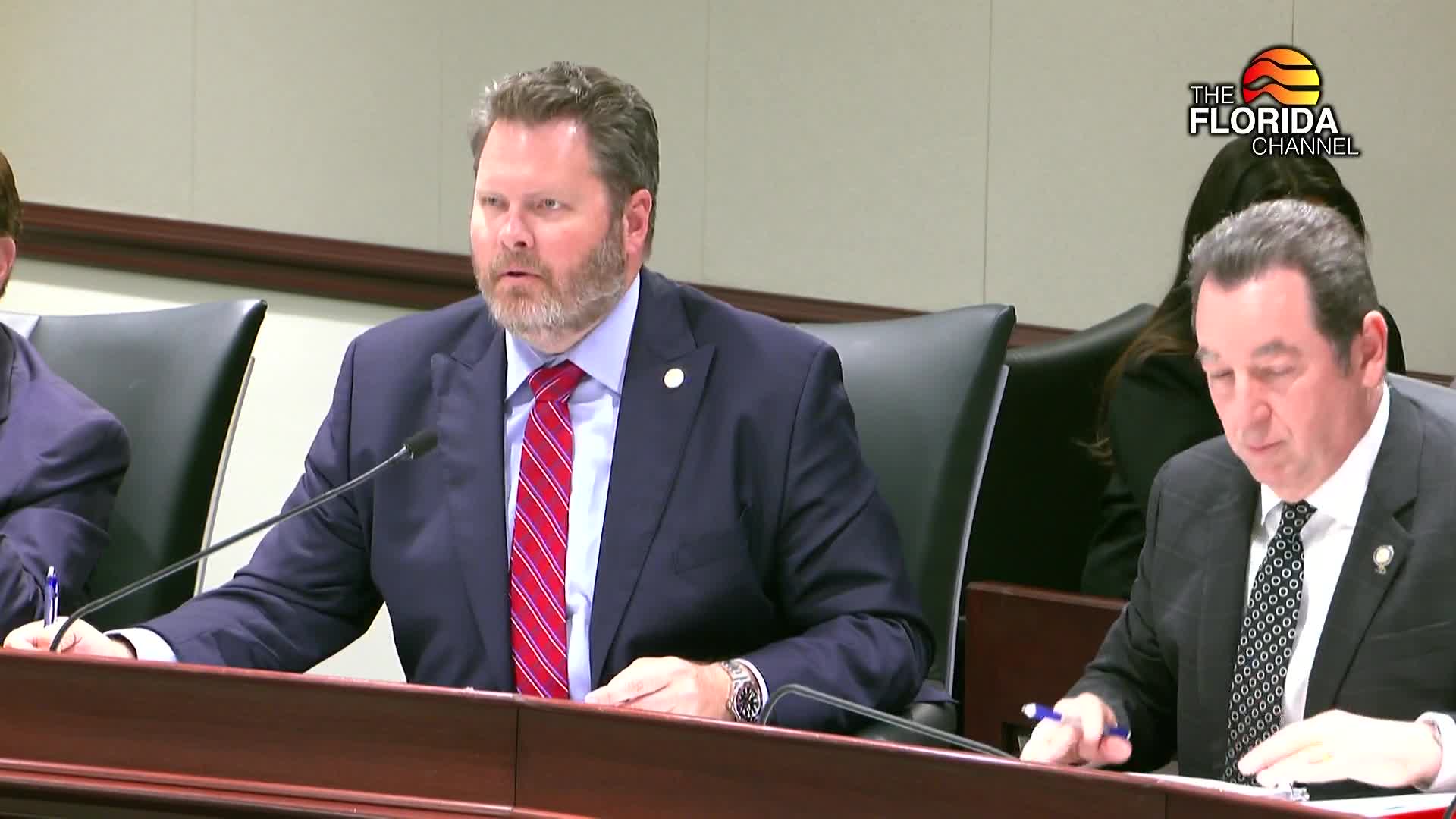Article not found
This article is no longer available. But don't worry—we've gathered other articles that discuss the same topic.
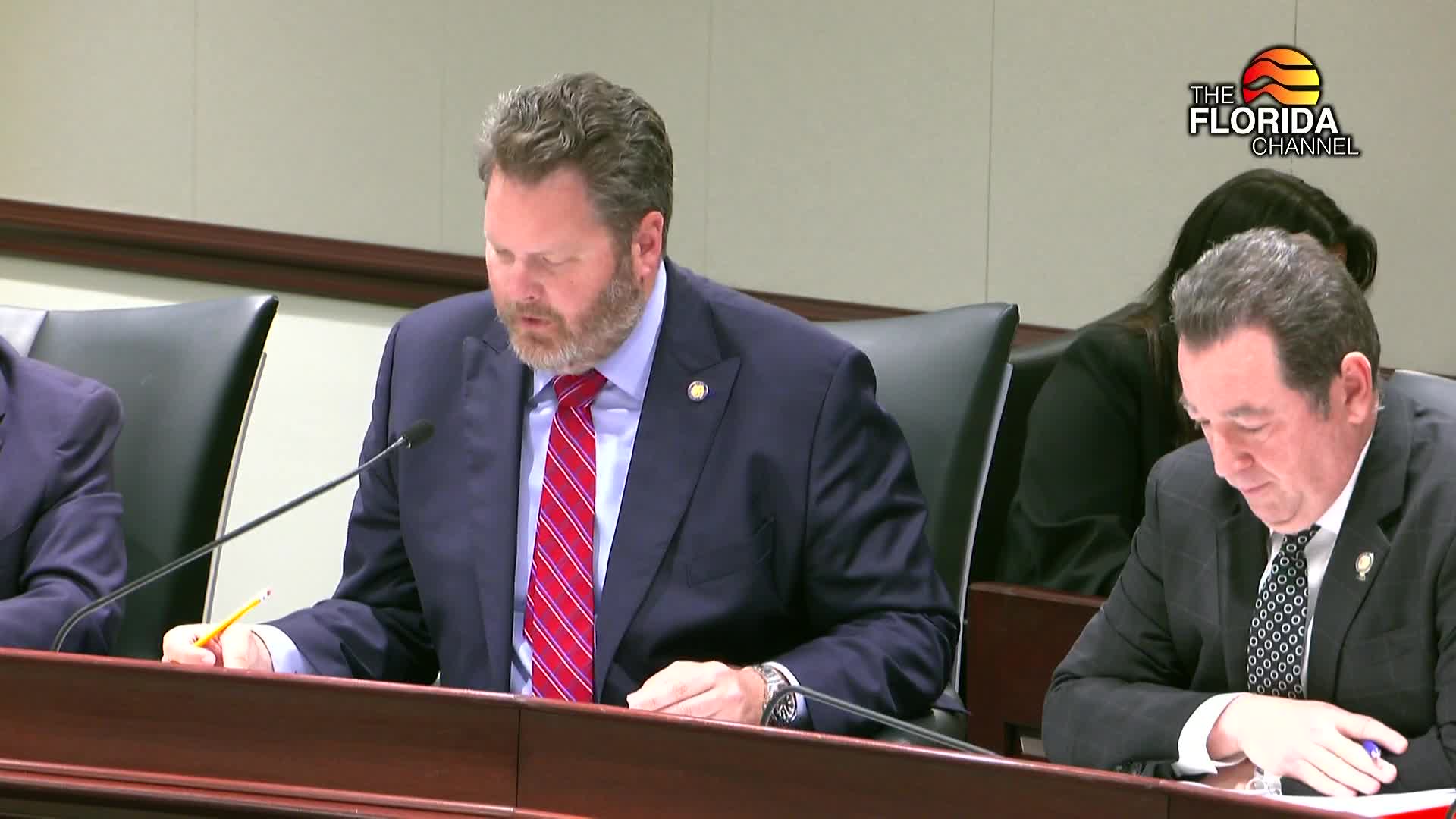
Sponsor seeks overhaul of foreclosure and probate sale procedures; amendment adopted, bill temporarily postponed
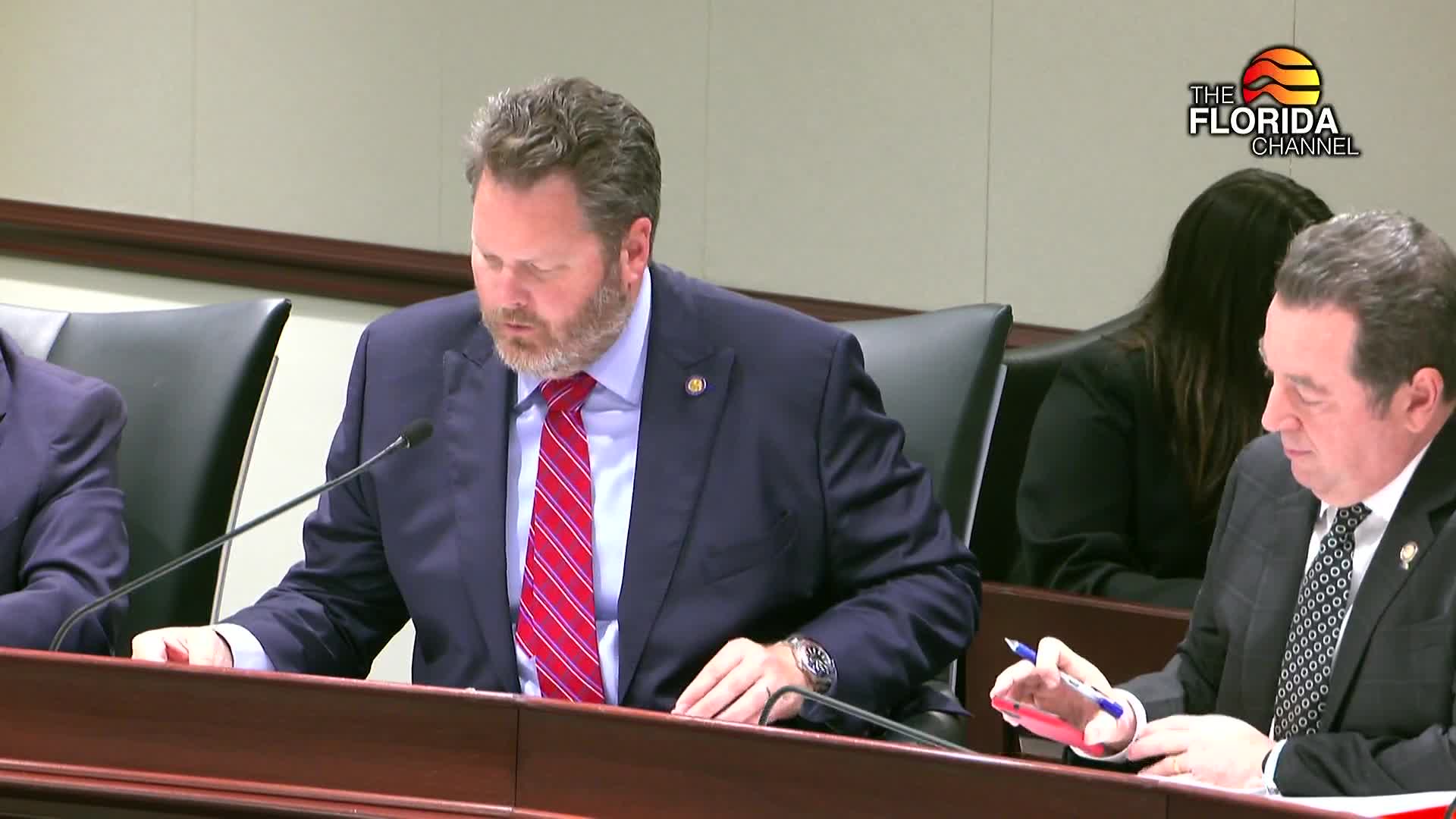
Committee votes to terminate state mediation and arbitration trust fund
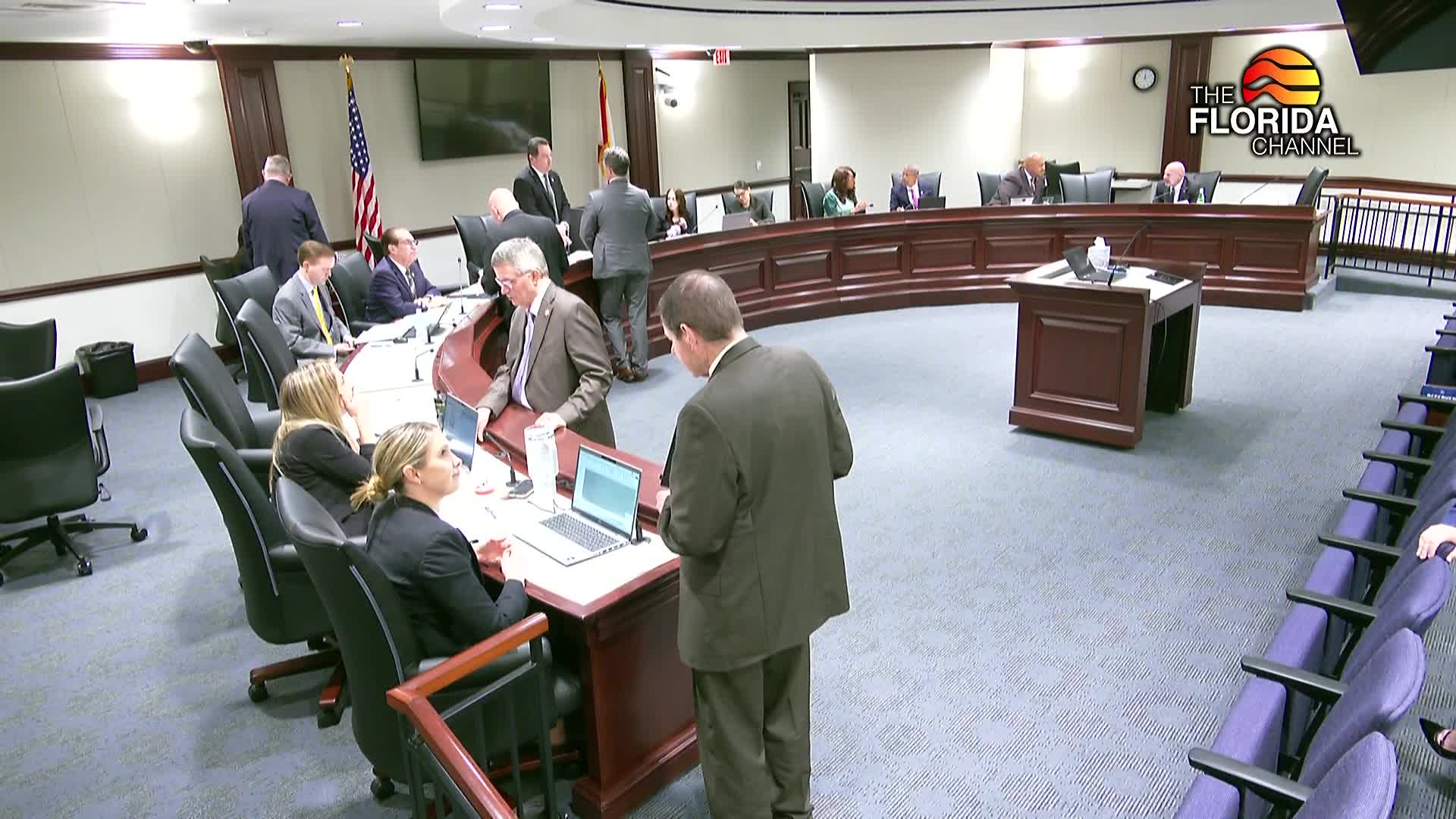
Panel backs tougher sentence for violence against officers; sponsor says bill is about life sentence for resisting with violence
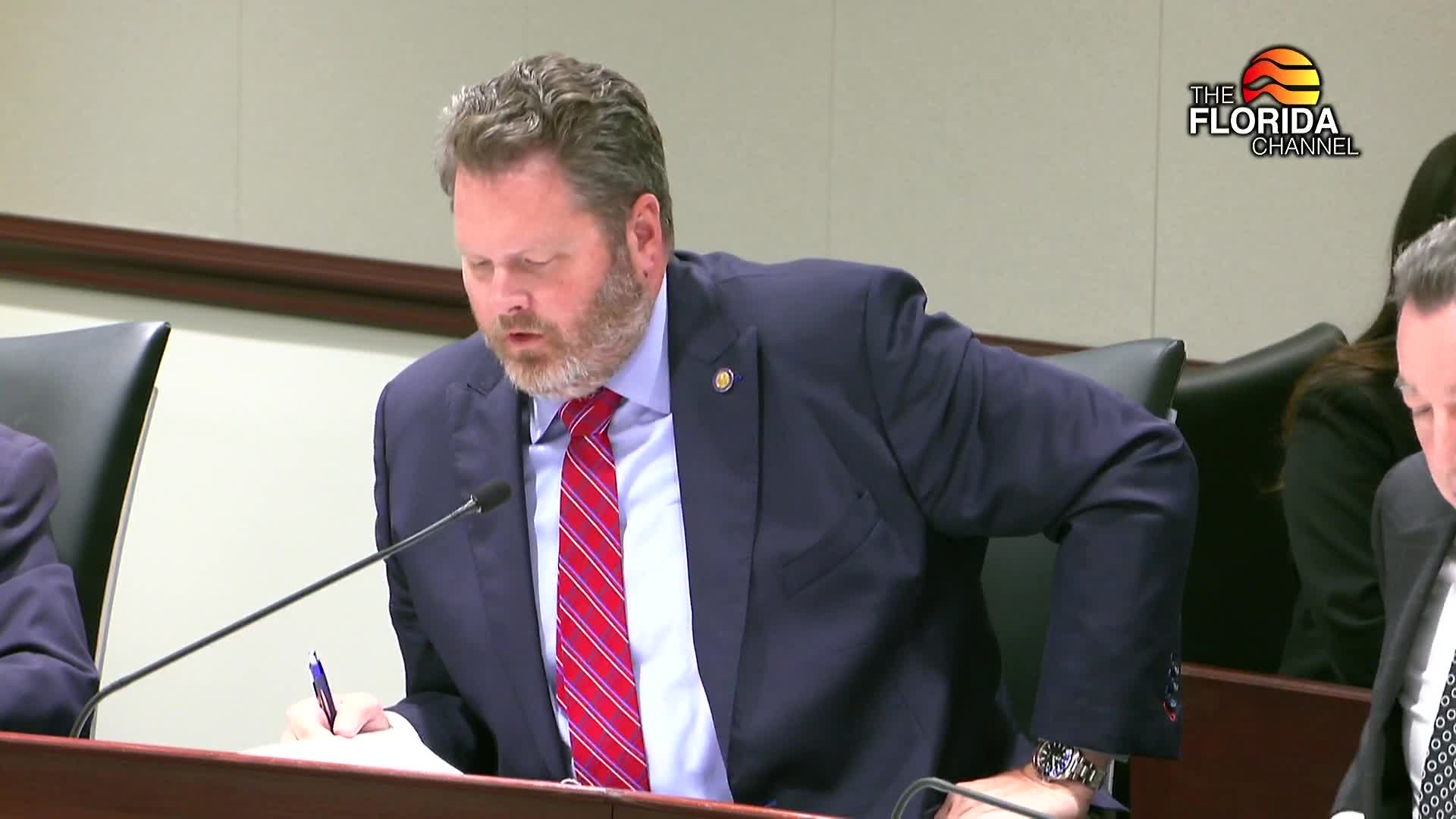
Committee backs expansion of wrongful‑incarceration compensation statute

Committee adopts amendment expanding DUI language to 'impairing substance'; bill advances amid questions about testing and scope
